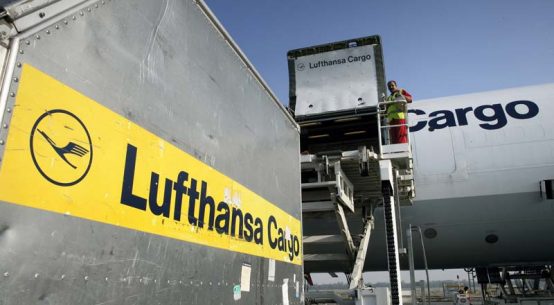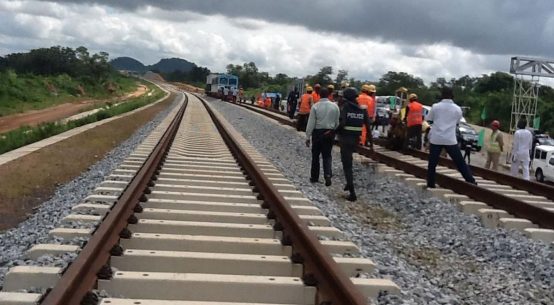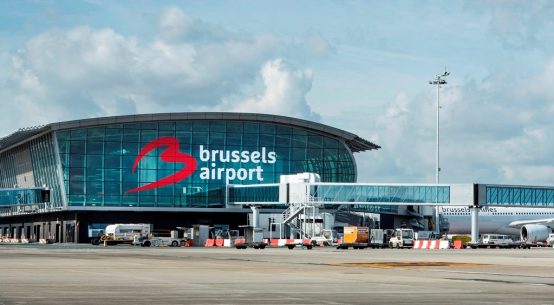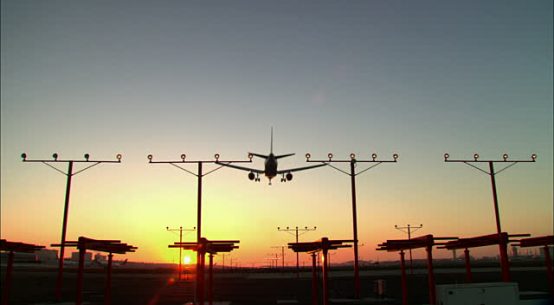
- 8 vessels laden with petrol and diesel, are already waiting to berth at the seaport
Lagos – To boost fuel supply across the country, about 20 vessels laden with petroleum products are expected to berth in Apapa ports between now and March.
The vessels are among the 34 ships being expected at the Lagos Pilotage District of the Apapa port and billed to start arriving from February 20 to March 24.
Already, about eight vessels laden with Premium Motor Spirit (PMS) otherwise known as petrol, and Automated Gas Oil (AGO) or diesel, are already waiting to berth at the seaport.
The Nigerian Ports Authority (NPA), revealed in its latest shipping position that those vessels waiting to berth are labelled Customs release not applicable (CRNAPP).
Other cargoes expected include Fish; Chemical bags; Sugar; Wheat; Fertilizer, Petrol and Diesel and a host of others.

The tanker vessels waiting to berth are currently at ACJ, SMB, and PWA terminals, while another two motor vessels laden with fertilizer are waiting to berth at ENL.
The vessels expected include Sierra King, Poasoa Wisdom VII, Adrmore Enterprise, Artic Bay, Mandrine Glory, Roman 3, Osiris, Desert Hope, Federal Danube, Desert Melody, Histra Ivory, MSK Casablanca Monenvasia, MSK Cadiz, LPO Pisces, and Rosemary, and others.
Meanwhile, the Nigerian National Petroleum Corporation (NNPC), has assured that it would bring in two cargoes of petrol per day for the rest of this month in order to boost supply across the country, even as intermittent queues persist in many parts.
It said each of the cargoes would carry 50 million litres of petrol, making a total of 100 million litres that would be brought in daily for the rest of February, to increase supply and replenish strategic reserves.
NNPC spokesman, Ndu Ughamadu, said in a statement that to ensure efficient distribution of the product to depots in the hinterland, the Nigerian Pipeline and Storage Company, a midstream subsidiary of the NNPC, had been mandated to fix relevant pipelines to facilitate seamless pumping, in addition to the trucking arrangement that was in place.








